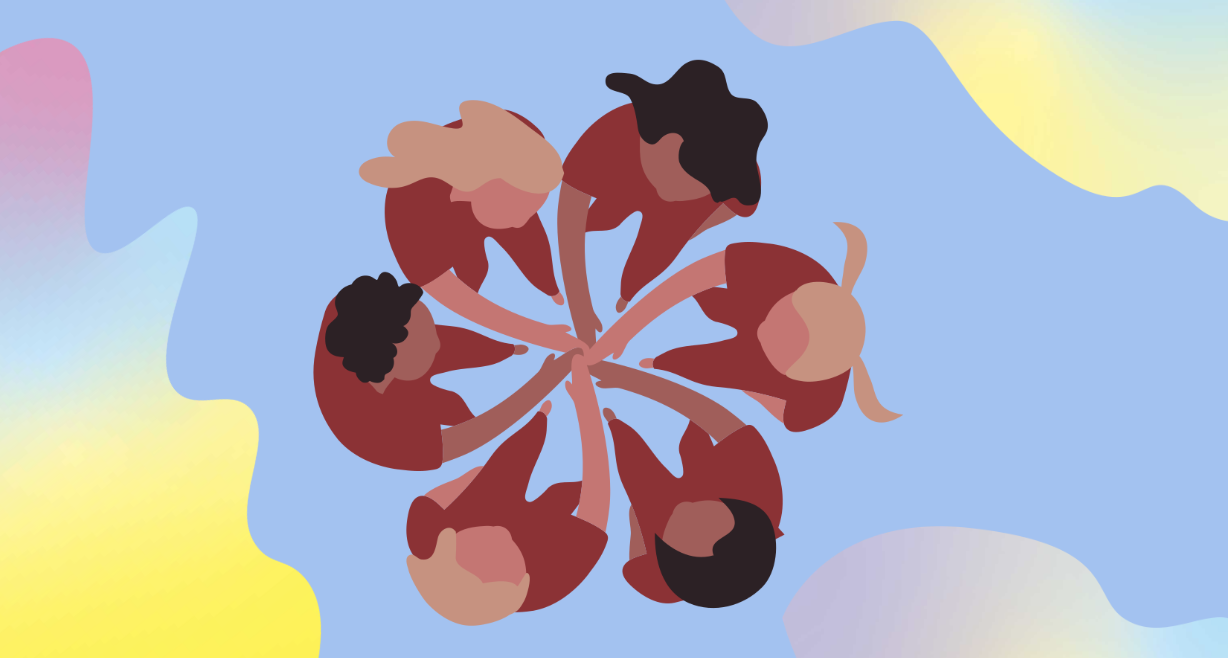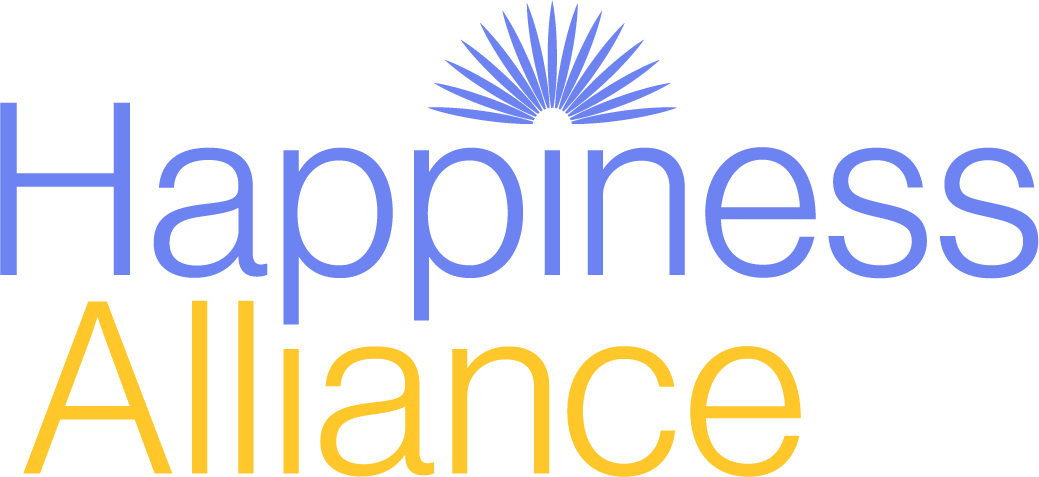|
Guest Post by Bash Sarmiento, author, educator, marketing specialist. What is a Focus Group?A focus group, or FG, is a type of qualitative research. Usually, each focus group consists of 6 to 10 respondents with a moderator who asks predetermined questions to learn more about the participants’' thoughts and opinions about a certain subject. The types of subjects can range from a certain product to social topics, services or a policy. Human Resources departments in companies sometimes hold a focus group to improve employee engagement programs,,Nonprofits use focus groups to better understand how to serve their constituents, and governmental agencies use them to get a different perspective on policy implications . Though there are predetermined questions, focus group discussions are often free-flowing so as not to limit the discussion too much and to maintain a more organic form of data collection. 4 Benefits of Having a Focus GroupPrimary qualitative dataThrough a focus group, you’ll be able to receive first-hand feedback from your constituents, customers or community in their own words. Compared to a multiple-choice survey, you get to moderate a more unfiltered and free-flowing discussion. Instead of relying purely on quantitative data, you can also support your entity or project decisions or actions by getting primary information directly from the source: your constituents, customers or community. InsightBecause of the nature of a focus group, participants may be able to volunteer information or opinions that your team may not have considered or may have dismissed during previous research or internal discussions. Focus groups can be helpful for a business to gain insights into how consumers view the value of a certain project, for a nonprofit to understand how a community engages and would like to engage, and for a governmental agency, how it constituency is impacted by policies and how to mend such things as lack of confidence in government. Honest DiscussionsWith a focus group dialogue, participants feel often more confident in sharing their thoughts and opinions, in part because they are in a small group of people similar to them. They also are often more comfortable because of the free-flowing format of the discussion.. And with the moderator’s guidance, there is often more interaction and better exchanges of opinions, which allows you to mine for great data. Ability to deep-diveDuring a focus group discussion, if you need more of an explanation for an answer from one of the participants, a moderator can ask them to elaborate, make inquires to get to the root idea. or further the discussion so the whole group gives input. It does take an effective moderation to increase the quality and authenticity of the data being collected, and of course, you must have at least one and maybe more great note-takers. Preparing and conducting a focus groupChoose your topicTo decide whether a focus group is the way to go for your research, you first need to know what topic you will be covering. Is this the type of topic that would benefit from a focus group or maybe just a quick online survey? Focus groups can be time consuming, so it;s important to plan and understand the need for your time and effort in holding a focus groupA good tip is make sure not to keep the topics too broad so as to be able to carefully address the topics within the given amount of time, Narrowing down the topics will keep the discussion more focused! Select a moderatorA good moderator can come from your organization or you may hire someone. Choose someone with:
1) Prepare guide questionsYou can have four or ten questions to keep the discussion on topic but still free-flowing. Too many questions may make the focus group’s structure more like a Q&A session instead of a discussion. Your guide questions should be easy to understand and answer. They should be direct and avoid difficult vocabulary. Good questions are on open-ended questions and are not answerable with a simple yes or no. Make sure that they are not leading questions. Most importantly, ask questions for which the answers will be helpful! When there participant answers reveal topics that you have not considered and would be quite helpful the moderator can lead the discussion towards that newly revealed avenue of discussion. 2) Offer incentivesYou will be getting valuable qualitative information, but what will be the motivator for the participants to join your focus group? An incentive does not have to be monetary or even a large amount. Some examples can be free food and drinks or gift vouchers. The incentive mainly depends on your community, customers or constituents and your research budget. In general, the economic value of an incentive should be between one and four times one hour of minimum wages.. Too little and people will not be interested, and too much and you can skew your data with participants who want to please and will hold back on anything negative to say, in a sort of bargain for their incentive. 3) Invite participantsYour focus group can be a representative sample of your consumers, constituents or community, or you can hold several focus groups for the different aspects of your customers, constituents or community. It is best to be choosy about who you invite. Invite people to participate whose opinions you want to learn more about. Include in your invite basic meeting information like the time and place, duration, transportation, and number of participants who will be at the focus group. . You can reach out to existing customers, community members or consitents, or conduct an analysis of the demographics of your existing customers, community members or constituents and hand pick people who reflect your demographic profile. Often a personal approach is best, such as an email, letter or phone call. 4) Focus Group introductionsBegin by having everyone sign their attendance and consent forms since the discussion will be recorded, notes taken and used for research purposes. You can find consent forms online. The moderator can break the ice by introducing themselves first, then asking participants to do so as well, This gives the moderator an idea of who each person is and how to manage them, you can ask them to share their first name or nickname. If they are comfortable enough, they can share their occupation and interests. You can include something fun, like their super power or favorite dessert. 5) Begin the discussionThe moderator kicks things off by asking the first question from the predetermined list. It’s up to the moderator to create a natural flow of conversation. It’s best not to stick too close to the list and to really listen to the answers and where the discussion is going. The moderator can ask participants to elaborate if they see that an answer can be expounded upon or has the potential to produce better discussion and more insightful information. 6) Debriefing and analysisAfter your focus group, it’s time to debrief with the rest of your team. Your team should also discuss and clean up the data and create information from it:, highlighting any issues, valuable insights, or important concerns that were covered. Most importantly, data and information you get from a focus group is only as good as the amount of time, thought and effort you put into planning it. The key thing is to understand what it is you want to know and how that information will be helpful. You do not need to know exactly what you want to know - but you do need to have a strong idea, which often comes from a strong strategy. Read another post by Bash.
1 Comment
9/11/2023 01:57:11 am
StoreOpinion is a survey designed to gather customer feedback and opinions about a store. It aims to collect valuable information.
Reply
Leave a Reply. |
We CarePosts written by the People of the Happiness Alliance & our Friends. Archives
March 2024
Categories |
Sign up for the Happiness Alliance Newsletter
THE HAPPINESS ALLIANCE IS A 501(c)3 NONPROFIT REGISTERED IN THE UNITED STATES
The Happiness Index is Copyright © 2014 by the Happiness Alliance

 RSS Feed
RSS Feed
